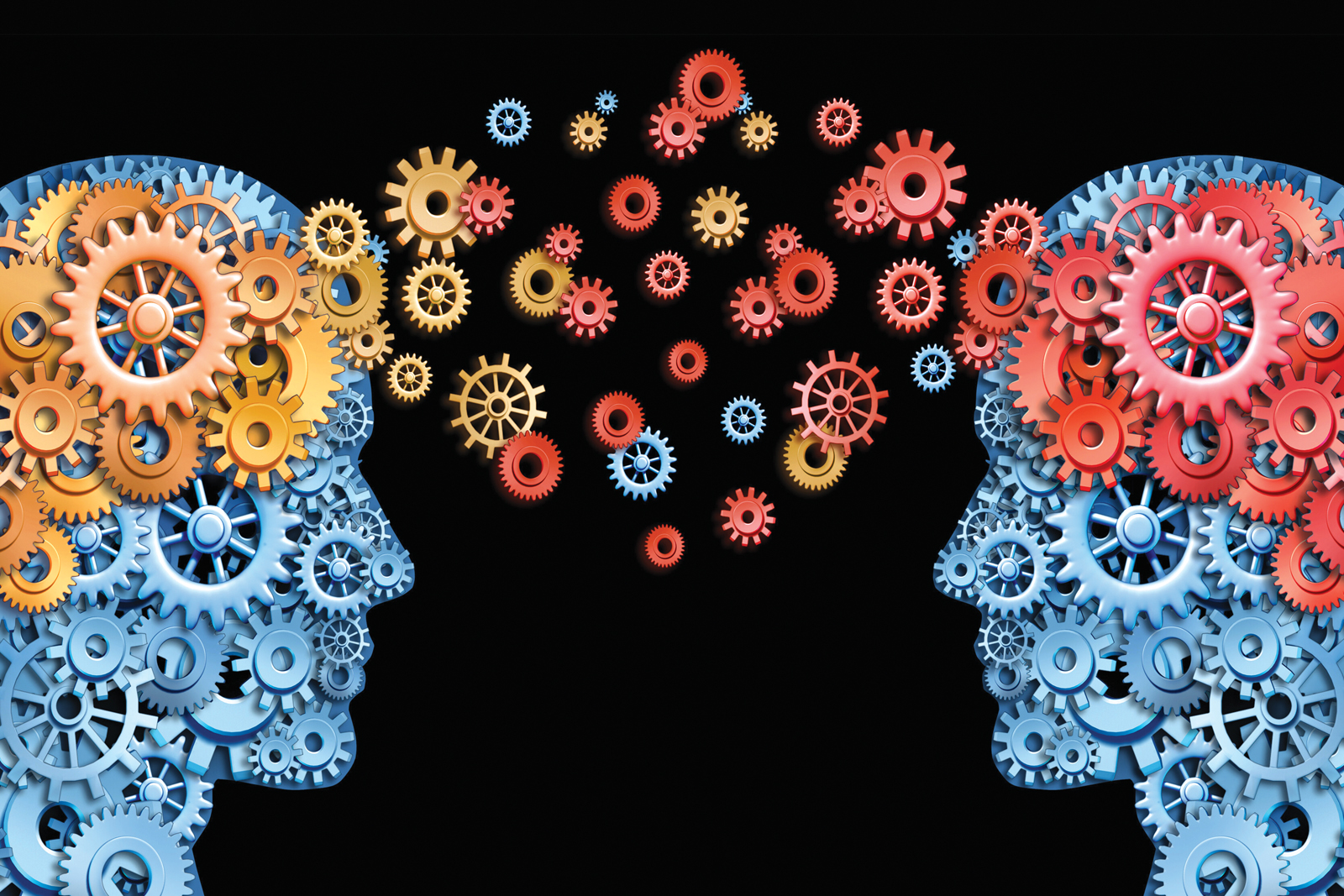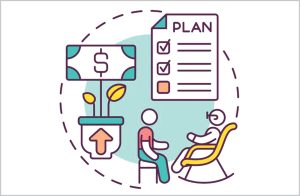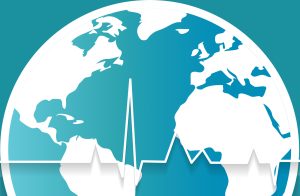Imagine what could be possible if we worked together to remove the unnecessary barriers, and created an environment that is conducive to facilitating ground-breaking discoveries in the field of brain science?
At the Ontario Brain Institute, we believe Brain-CODE, our data-sharing platform, may lead us to the answer.
Imagine you’re putting together a giant puzzle. Except, you don’t have all of the puzzle pieces—they are scattered in different places around the world. You’ll never be able to put the pieces together if you can’t see what parts everyone else has.
For over ten years, OBI has worked diligently to translate this dream into reality through Brain-CODE—a platform that prioritizes privacy and security of data giving researchers the confidence and ability to collaborate on an international playing field. Brain-CODE provides the ability to work with others to fit research findings and data together in different ways and allows researchers to come up with new insights and potential life-changing breakthroughs. Data sharing isn’t a novel idea—but various hurdles have challenged our collective ability to create collaborative systems where data can be openly shared.
Built on the premise that data is most useful when it is shared, Brain-CODE collects, analyses, and shares research data from OBI’s six Integrated Discovery Programs (IDPs).
Since its first data release in 2020, Brain-CODE has made a significant impact on global research in the areas of brain science. In fact, there have been eleven data releases spanning multiple brain disorders including cerebral palsy, concussion, depression, epilepsy, autism, and dementia.
A Rigorous framework
Working with guidelines set out by the Information and Privacy Commissioner of Ontario, we designed a highly secure structure with an underlying robust and scalable data governance model. The results of these efforts saw OBI as the first research institute being presented with the Privacy by Design ambassador designation for adhering and committing to a rigorous framework of data privacy and security.
Making critical patient data available to the international scientific community, while protecting the identity of research study participants, sets Ontario apart as a global leader in open science and data sharing. To date, these data sets have been requested and downloaded nearly 300 times by researchers from 30 different countries.
Children living with Cerebral Palsy
Over the last year, Brain-CODE oversaw the releases of significantly impactful datasets including one that shed light on biological and clinical risk factors for children living with cerebral palsy—leading to advancements in enhanced care. In October, the Cerebral Palsy Integrated Neuroscience Discovery Network (CP-NET) released critical data on childhood hemiplegic CP, a condition characterized by a weakness on one side of the body. In Canada, three in every 1,000 children are diagnosed with CP each year. Currently, there are about 47,500 people living with CP and hemiplegic CP affects 38 percent of people with the disorder.
Dr. Darcy Fehlings, senior clinician scientist at Holland Bloorview Kids Rehabilitation Hospital and principal investigator at CP-NET, who led the OBI-funded research that contributed to improved understanding of the genetic basis of hemiplegic CP, is emphatic about the importance this data holds. She noted that “this data set shows that when we embed common data elements, such as health care markers in the care delivery process, standardized assessments of cognitive and behavioural function, and self-reported quality of life, scientists and clinicians working in completely separate labs and hospitals can come together to improve care and drive change for individuals with CP and their families.”
“In fact,” Dr. Fehlings continued, “members of the CP-NET clinical team—located in different parts of Ontario—are already using these data to improve early care of children with CP such as promoting paediatric CP hip surveillance.” This type of work includes using these data to improve early care of children with CP, such as monitoring hip joint health in children with CP who require the use of a wheelchair and are at increased risk of osteoarthritis.
Major Depressive Disorder
A data release derived from a foundational study led by the Canadian Biomarker Integration Network in Depression (CAN-BIND) is garnering similar excitement across the global brain science landscape. Curating data gathered from 211 individuals with Major Depressive Disorder (MDD) alongside data collected from 112 healthy individuals across six Canadian sites, the study aimed to identify biomarkers that predict treatment response in people with MDD, ultimately uncovering that some people may be more resistant to certain treatments than others. This dataset is also proving to be valuable on a global scale, with several research, academic, and commercial organizations using the data to accelerate their own work to identify subtypes of common psychiatric disorders, assess biomarkers of brain health across the lifespan, and develop targeted therapies for various mood disorders.
Each of these dataset releases reflect the overarching hope for the Brain-CODE platform—that the shared knowledge will help break down barriers that get in the way of global collaboration, and lead to new treatments and technologies that will benefit patients and their families. At OBI, our motivating force is to bring the discoveries and innovations developed in the lab into tangible real-world solutions that support people in their day-to-day life. Brain-CODE will help accomplish this overarching goal by facilitating collaborations and data linkages that were otherwise not possible while honouring the contributions made by patients and families to research.
Tom Mikkelsen is the President and Scientific Director of the Ontario Brain Institute (OBI), a provincially funded, not-for-profit research centre that aims to establish Ontario as a world leader in brain research, commercialization and care.













